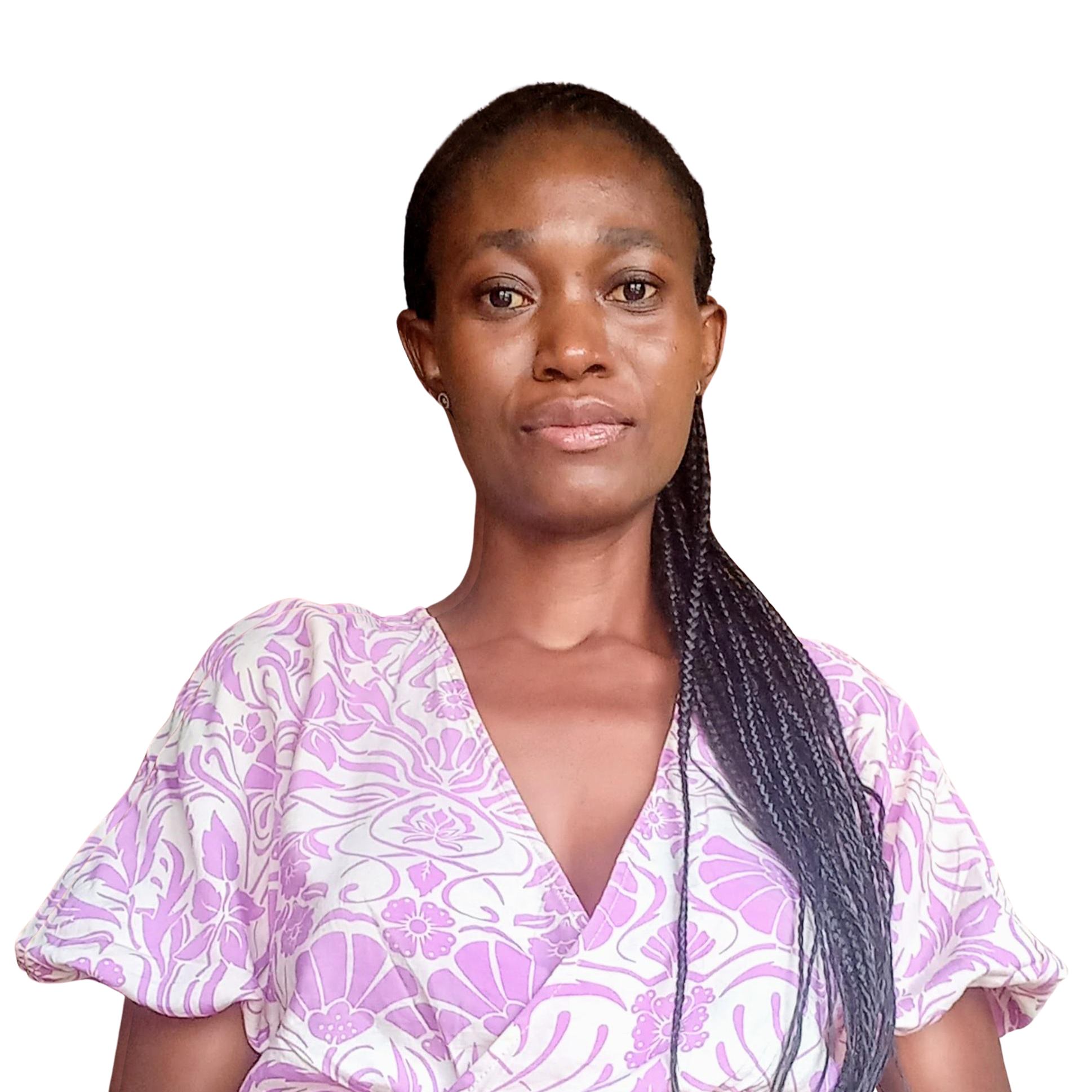About This Project
I am studying how simple, customized accounting tools can help informal entrepreneurs in Togo make better financial decisions. Many people have a hard time keeping their personal and business finances separate. This can make it hard for them to grow and be stable. This pilot tests a visual training program for entrepreneurs. The program uses images, games, and practical tools to help entrepreneurs manage money better and strengthen their businesses.
Ask the Scientists
Join The DiscussionWhat is the context of this research?
In many low-income countries, small informal businesses are the main source of income. However, most entrepreneurs don't have access to basic financial tools like accounting or planning. This makes it difficult to separate personal and business finances or to survive economic shocks (see https://pubsonline.informs.org... ). Traditional training often doesn't work well for a few reasons. It's usually too complicated. It's not adapted to local languages. Or, it assumes that everyone can read. This project focuses on Togo and tests visual tools for accounting with small business owners in rural areas. We will use diagrams to map business workflows and games to classify goods or organize items by color. Studies show that teaching financial concepts using visual and hands-on methods can help low-literacy learners understand them. More information at these links: https://www.aeaweb.org/article... and https://papers.ssrn.com/sol3/p...
We believe that this approach will help participants.
What is the significance of this project?
In poor countries, informal businesses are often a key source of income, but many owners don't have basic financial tools to manage money or plan for the future. Traditional training often fails because it is too complicated, not adapted to the local context, and assumes literacy https://pubsonline.informs.org...; https://www.aeaweb.org/article...). In Togo, there are 115,880 businesses, and over 85% of them operate informally. OCDI Togo works with 910 groups and 26,926 people in rural areas. This project tests visual management tools with rural microentrepreneurs, who are often left out of traditional programs. The data will show if simple methods can improve practices and inform broader education strategies for entrepreneurs who don't have a lot of formal education. Based on what the participants said and the early results, the training tools will be improved. This pilot's goal is to create a foundation for programs that help vulnerable communities become more financially stable.
What are the goals of the project?
The goal of this project is to see if simple tools for managing money can help low-literacy microentrepreneurs in Togo manage their finances better. We will recruit 100 participants from rural areas, ensuring diversity in terms of type of activity, age, and level of education. After a baseline survey, we will provide training using pictures and games that link to business management. The people who will benefit from this program will receive physical tools to help them keep their personal and business finances separate. These tools could be multicolored wallets or color-coded notebooks. After two months, we will do a follow-up survey to see if there are any changes in how they manage their money or make decisions. We will see how well these tools work and if people like them by seeing how much people use them and what they say about them. The results will be used to improve the project and support its expansion.
Budget
The funds raised will be used to finance the pilot phase of this research by covering the costs essential to its successful implementation. The main allocations will include training materials to provide accessible and visual financial education tools and practical resources to help participants apply their knowledge; staff costs to pay trainers for their expertise and time; and incentives for participants to maintain their motivation and commitment. Logistical support will cover travel and transport costs for facilitators between different training locations. The budget also includes data collection and analysis, funding for pre- and post-intervention field surveys to assess behavioural changes, and data entry and initial analysis to evaluate results. Travel expenses from Italy to Togo and living expenses will be covered by my own funds, allowing donor contributions to be directly allocated to programme implementation and impact.
Endorsed by
 Project Timeline
Project Timeline
Our project starts with a baseline survey to assess financial knowledge, math skills, asset classification and awareness household-business finance links. We will then organise interactive training sessions using visual tools. Two months later, a follow-up survey will assess learning outcomes and behavioural changes. The process complies with ethical standards and is supervised by the OCDI-Togo Ethics Committee, which guarantees confidentiality and protection throughout the research.
May 23, 2025
Project Launched
Jul 31, 2025
Finalize training materials and detailed fieldwork logistics
Sep 15, 2025
Travel to Togo, conduct baseline survey, and deliver visual-based financial training
Sep 30, 2025
Gather participant feedback and adjust training materials for scalability
Nov 30, 2025
Conduct follow-up survey and analyze behavioral changes
Meet the Team
Affiliates
Team Bio
Pello Sode Essoyodou Marie laure is a PhD student in Economics at the Universities of Siena, Pisa, and Florence, focusing on experimental and development economics.
This project is conducted in collaboration with OCDI Togo, a local organization experienced in community development and financial education.
Essoyodou Marie Laure Pello Sode
I am a doctoral student in Economics at the joint program of the Universities of Siena, Pisa, and Florence. My research focuses on experimental economics, development economics, the history of economic thought, and linguistic analysis. Drawing on my background in economic theory and quantitative methods, I am committed to addressing contemporary development challenges through rigorous, field-based research. In particular, I aim to design and test practical solutions that empower micro-entrepreneurs and promote financial resilience in low-resource settings.
Additional Information
I used AI to help me revise my wording, improve the clarity of my project description, and ensure that the text complied with the platform guidelines. I am the sole owner of the ideas, project design, and research objectives.
Project Backers
- 0Backers
- 0%Funded
- $0Total Donations
- $0Average Donation

